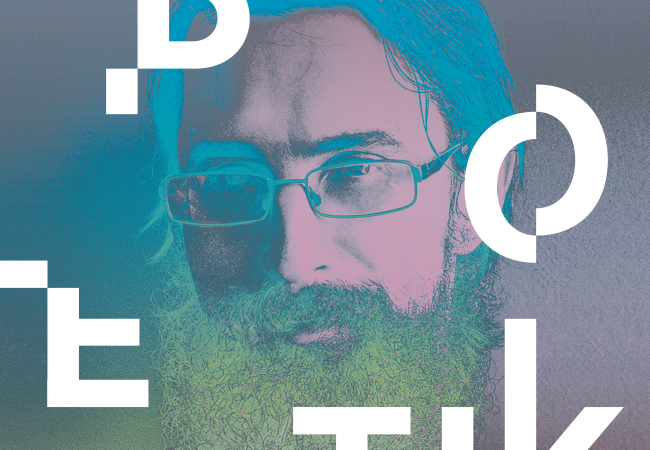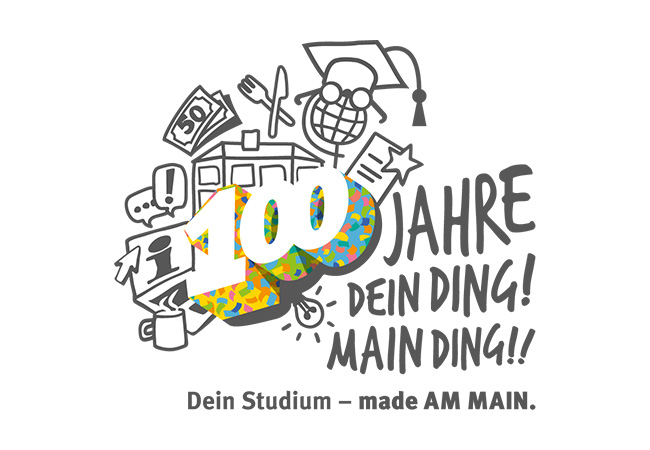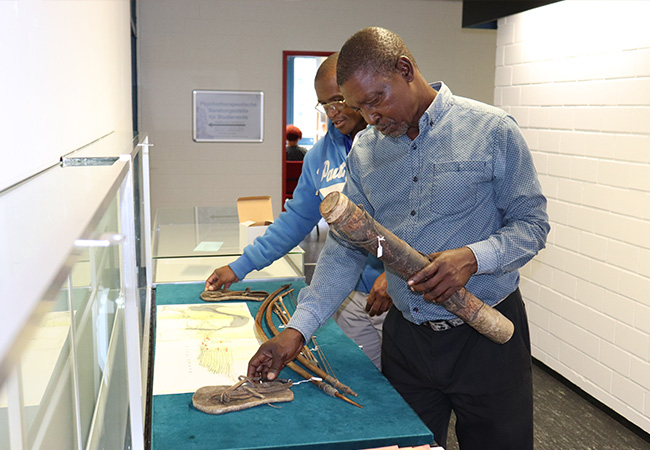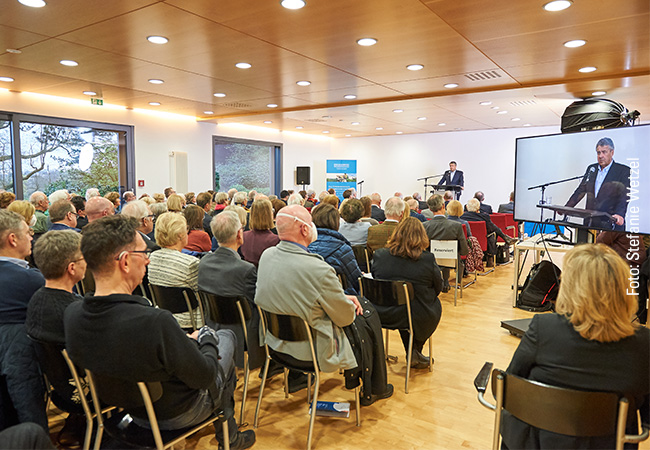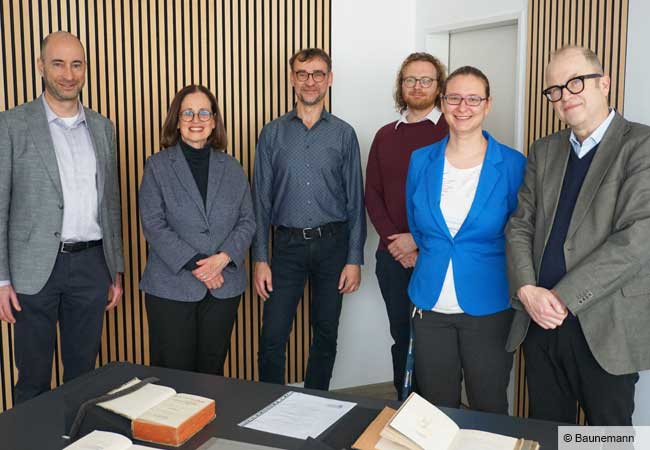Goethe University is testing ways of making collections from Africa more accessible around the globe.

Discussions on how to deal with scientific collections from colonial contexts began in earnest in Germany at the very latest when the Humboldt-Forum opened in Berlin. [Editor’s note: Comprised of four partners – the Ethnologisches Museum and the Museum für Asiatische Kunst of the Staatliche Museen zu Berlin, the Stadtmuseum Berlin, the Humboldt-Universität zu Berlin and the Stiftung Humboldt Forum im Berliner Schloss – the Humboldt Forum stands on a special historic site in the partly reconstructed Berlin Palace. Many of the exhibits on display from Africa, the Americas, Asia, Australia and Oceania are witness to a long colonial and racist history. Together with representatives of the societies of origin and within the framework of international partnerships, the Humboldt Forum provides resources for and is involved in programs that confront colonialism and its crimes, promoting the continuous questioning and decolonizing of knowledge in science, art and culture through its exhibitions as well as its events program and educational resources.] Amid the strong emphasis on museums, it is easy to forget that university collections also contain objects from all over the world. The “3-road-strategy” on handling objects from colonial contexts, adopted by the German government and the federal states, focuses mostly on transparency and dialog at eye level. At Goethe University, several projects with different emphases attempt to address this responsibility. On April 27, 2023, one such project was presented in the Schopenhauer Studio in the form of an exhibition with an accompanying lecture: “We are happy to see these things” – collaborative projects between the Oswin Köhler Archive and the Khwe people from Namibia.
The Oswin Köhler Archive in Goethe University’s Institute of African Studies holds and explores academic legacies in the field of African studies. A large portion of the inventory consists of the research materials left by Africanist Oswin Köhler about the Khwe, and collected between 1959 and 1992 in what is now Namibia. Köhler attempted to document the Khwe culture, which he saw as threatened by extinction, as comprehensively as possible. Alongside films, photos and audio files, he also recorded thousands of texts for an encyclopedia in book form in the original language. Köhler also collected ethnographic objects, plant preparations and drawings. Since 2015, anthropologist Gertrud Boden has travelled to Namibia several times to work and reflect on these materials with members of the community Köhler studied.
Funding from the Centre for Interdisciplinary African Studies (ZIAF) and the UBUNTU Foundation made it possible to invite Thaddeus Chedau and Sonner Geria, two Khwe representatives, to Frankfurt for three weeks in the fall of 2019, and work with them on the archive’s collection of historical objects. One result of this visit was an exhibition arranged in cooperation with collection coordinator Judith Blume and displayed in the corridors of the Institute of African Studies. Gertrud Boden transformed the commented arrangements of objects into a traveling exhibition that was presented and discussed in several Khwe villages at the end of 2022. Which objects represent the “true” Khwe culture? How should one treat objects that have only recently become widespread? And why are some key items missing from Köhler’s collection? “The interest of both young and older Khwe in the exhibition and the related discussions brought home to me once again the huge significance Köhler’s documentation has for the cultural self-image of the Khwe,” says Gertrud Boden.
The collaboration continues as part of a project funded by the German Research Foundation (Deutsche Forschungsgemeinschaft, DFG) entitled “Potentials of a collection. Tracking, perceiving relationships and sharing”, which runs until next year. Another visit by the Khwe to Frankfurt is planned for August 2023.



